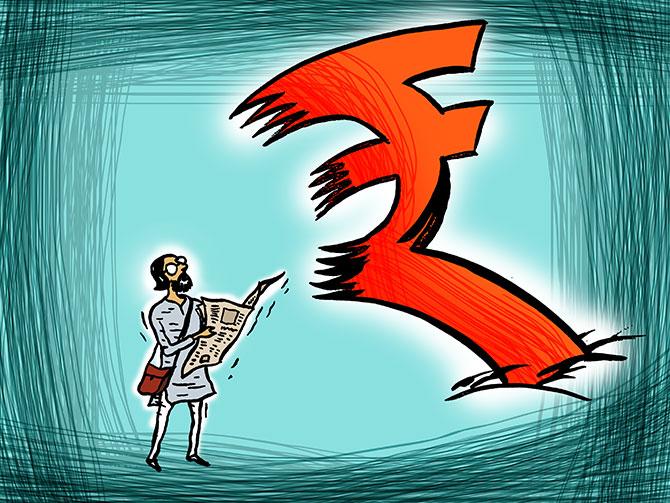The asset quality of microfinance portfolios worsened in the quarter ending June 2024 due to the impact of heatwaves on borrowers’ incomes and collections, coupled with rumours of loan waivers, according to Sa-Dhan.

Jiji Mammen, executive director and chief executive officer of Sa-Dhan, said loans with 90+ days past due (dpd) rose to 1.2 per cent in June 2024, compared to 0.9 per cent in June 2023.
The 90+ dpd also increased from 1.16 per cent in March 2024.
Sa-Dhan is a self-regulatory organisation (SRO) for microfinance institutions (MFIs).
The asset quality of microloans also declined across other time buckets.
For instance, the 30+ dpd increased to 2.7 per cent in June 2024 from 2 per cent a year earlier, while the 60+ dpd rose to 1.9 per cent from 1.4 per cent during the same period, the industry body said in a statement.
A microfinance loan is a collateral-free loan, irrespective of end use, provided to a household having an annual household income of up to Rs 3 lakh.
In addition to asset quality pressures, assets under management saw slower growth in FY25, according to data sourced from the credit information bureau CRIF High Mark.
Factors such as harsh climate conditions like heatwaves, general elections, funding challenges, and overheated credit in some geographies contributed to this, Mammen said in a statement.
He said that the microfinance industry’s portfolio grew by 20 per cent year-on-year to Rs 4.33 trillion as of June 30, 2024.
However, sequentially, it shrank by 2 per cent from Rs 4.42 trillion at the end of March 2024. Portfolio growth is expected to moderate by 2-3 percentage points in FY25, compared to 16.21 per cent in 2023-24.
There is a consensus among microfinance leaders on the need to slow the pace of growth.
Loan growth is expected to pick up but at a more moderate rate during the year, in line with responsible lending guidelines issued by SROs and the Reserve Bank of India, Sa-Dhan said.
In terms of market share, non-banking financial company (NBFC)-MFIs continue to hold the largest share at 40 per cent, followed by banks at 32 per cent. Small finance banks hold 17 per cent, NBFCs account for 11 per cent, and non-profit MFIs hold 0.5 per cent.
The top five states in terms of outstanding microloans are Bihar (Rs 65,342 crore), Tamil Nadu (Rs 57,067 crore), Uttar Pradesh (Rs 46,028 crore), Karnataka (Rs 42,313 crore), and West Bengal (Rs 38,256 crore).
These states represent roughly 58 per cent of the industry’s total portfolio.











